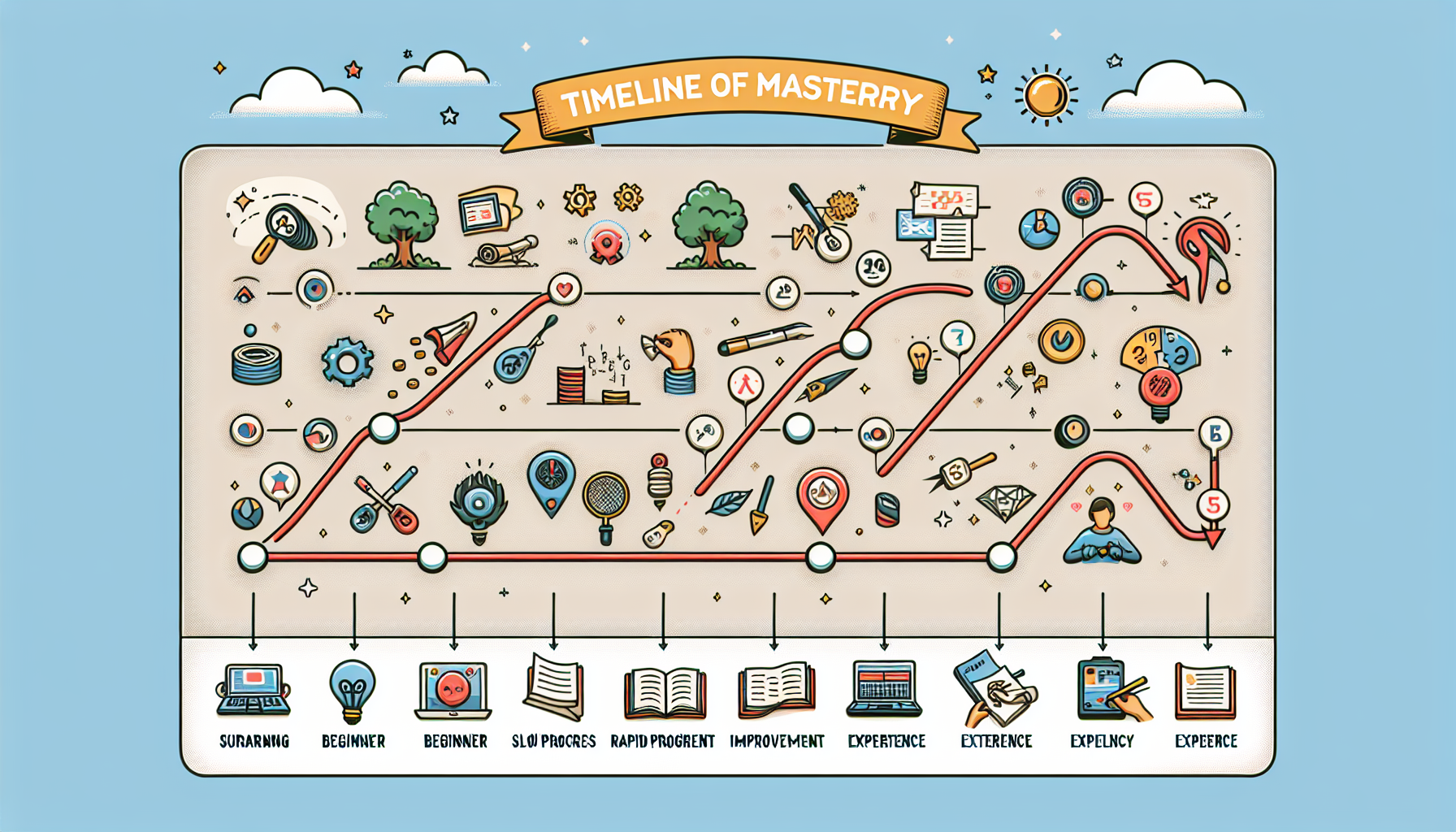The Hidden Costs of High Salaries on Oil Rigs

Life on an oil rig is far from glamorous. While the potential for high earnings—averaging over $100,000 annually—may initially entice workers, the reality involves grueling conditions characterized by long hours and isolation. Workers typically endure shifts lasting 12 to 14 hours a day, often in harsh weather and confined spaces. The demanding nature of the job is exacerbated by the pressure to meet production goals, leading to chronic fatigue and an increased risk of injury. According to a survey by the Occupational Safety and Health Administration (OSHA), oil and gas extraction workers face a significantly higher risk of injury compared to other sectors. The physical demands of the job, coupled with the potential for accidents—such as slips, falls, and exposure to hazardous materials—create a dangerous environment. Chronic musculoskeletal issues and fatigue are common among workers, resulting in long-term health consequences.
Mental Health Impacts
The mental health challenges associated with oil rig work are profound and often overlooked. The isolation from family and friends can lead to feelings of loneliness and depression, compounding the already high-stress environment. Workers frequently miss important life events—birthdays, anniversaries, and holidays—which can create emotional distress and strain familial relationships. A study published in the Journal of Occupational Health Psychology reveals that long periods of isolation and intense work schedules contribute to elevated levels of anxiety and stress among oil rig workers. These mental health challenges can lead to substance abuse as individuals seek ways to cope with the pressures of their work environment.
Strain on Personal Relationships
The demanding nature of oil rig jobs creates a ripple effect that impacts personal relationships. Partners and children often grapple with the absence of a loved one, leading to feelings of resentment and emotional disconnect. Research from the National Institute for Occupational Safety and Health (NIOSH) suggests that many workers experience relationship troubles due to the long hours and extended time away from home. Additionally, the financial compensation that draws individuals to the industry can create unrealistic expectations within families. While the promise of a high salary can provide financial stability, the emotional toll of separation often generates more stress than the income can alleviate. This dichotomy underscores the importance of considering not just the monetary rewards of oil rig work, but also the emotional and relational costs involved.
Balancing High Salaries with Hidden Costs
While the high salaries in the oil industry are undeniably attractive, it is crucial to recognize the hidden costs that accompany them. The financial rewards may be substantial, but the sacrifices in personal life, mental well-being, and physical health can be overwhelming. A report by the U.S. Bureau of Labor Statistics highlights the average salary for oil rig workers, but it also emphasizes the need for companies to address the mental and physical health challenges these workers face. Employers must prioritize developing robust support systems, including mental health resources, flexible scheduling, and programs that foster family connections. By doing so, they can help mitigate the hidden costs that accompany the pursuit of high salaries.
The high salaries associated with oil rig jobs can be enticing, but they come with significant hidden costs that deserve attention. The demanding work environment, isolation, and strain on personal relationships can lead to severe physical and mental health consequences. As a society, we must acknowledge these sacrifices and advocate for better support systems for workers in this challenging field. By fostering a culture that values both financial compensation and the overall well-being of oil rig workers, we can create a more sustainable and equitable industry for all. Recognizing the full scope of life on an oil rig is essential not only for the workers themselves but also for the families and communities that support them.
Drilling Engineer
Halliburton, Schlumberger, Baker Hughes
Core Responsibilities
Design and implement drilling plans that optimize well productivity while reducing costs.
Analyze geological data to determine the best drilling techniques and technologies to use.
Monitor drilling operations and ensure compliance with safety regulations and protocols.
Required Skills
Proficiency in drilling software and simulation tools (e.g., Landmark, Schlumberger).
Strong understanding of geological formations and drilling technologies.
Excellent problem-solving and analytical skills.
Health, Safety, and Environment (HSE) Officer
Chevron, BP, ConocoPhillips
Core Responsibilities
Develop and implement safety policies and procedures to minimize workplace hazards on oil rigs.
Conduct regular inspections and audits to ensure compliance with health and safety regulations.
Provide training and support to rig personnel on HSE practices and emergency response.
Required Skills
In-depth knowledge of OSHA regulations and environmental laws.
Strong communication and interpersonal skills to effectively train and engage workers.
Certification in HSE management (e.g., NEBOSH, IOSH) is often required.
Subsea Engineer
TechnipFMC, Subsea 7, Aker Solutions
Core Responsibilities
Design and maintain underwater systems, including pipelines and subsea production equipment.
Collaborate with surface teams to ensure efficient integration of subsea and surface operations.
Conduct inspections and troubleshooting of subsea equipment to ensure operational integrity.
Required Skills
Expertise in subsea engineering principles and deep-water technology.
Familiarity with remotely operated vehicles (ROVs) and underwater welding techniques.
Strong project management skills and the ability to work in high-pressure environments.
Production Operator
ExxonMobil, TotalEnergies, Anadarko Petroleum
Core Responsibilities
Operate and monitor equipment used in the extraction and processing of oil and gas.
Conduct regular maintenance and troubleshooting of production machinery to ensure optimal performance.
Collect and record data on production rates and equipment performance for reporting purposes.
Required Skills
Technical knowledge of oil and gas production processes and equipment.
Ability to work in extreme conditions and adapt to rapidly changing environments.
Strong teamwork and communication skills, as operators often coordinate with various teams.
Roustabout
Transocean, Noble Drilling, EnscoRowan
Core Responsibilities
Perform manual labor tasks such as cleaning, maintaining, and repairing equipment on oil rigs.
Assist in the assembly and disassembly of drilling equipment and structures.
Support drilling and production operations by transporting materials and tools as needed.
Required Skills
Physical stamina and strength to perform labor-intensive tasks in challenging conditions.
Basic mechanical skills to assist with equipment maintenance and repairs.
Familiarity with safety protocols and the ability to operate basic machinery.


